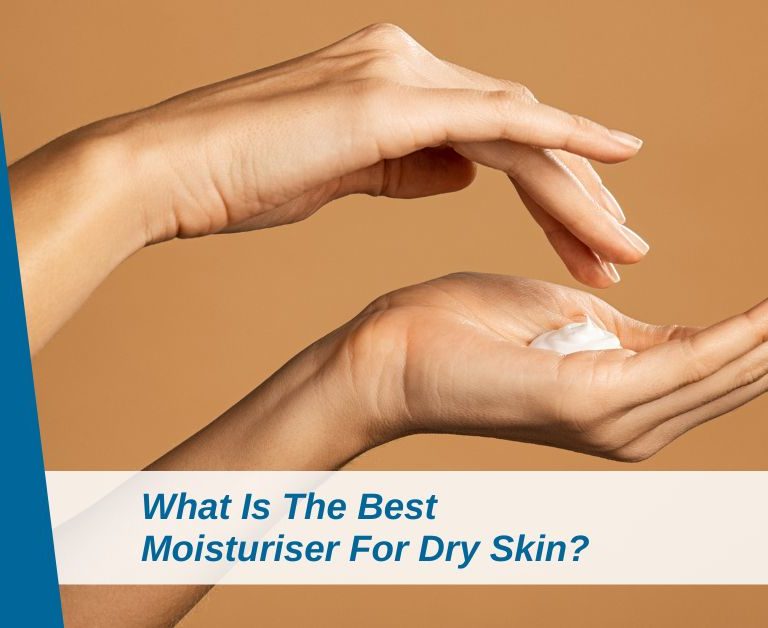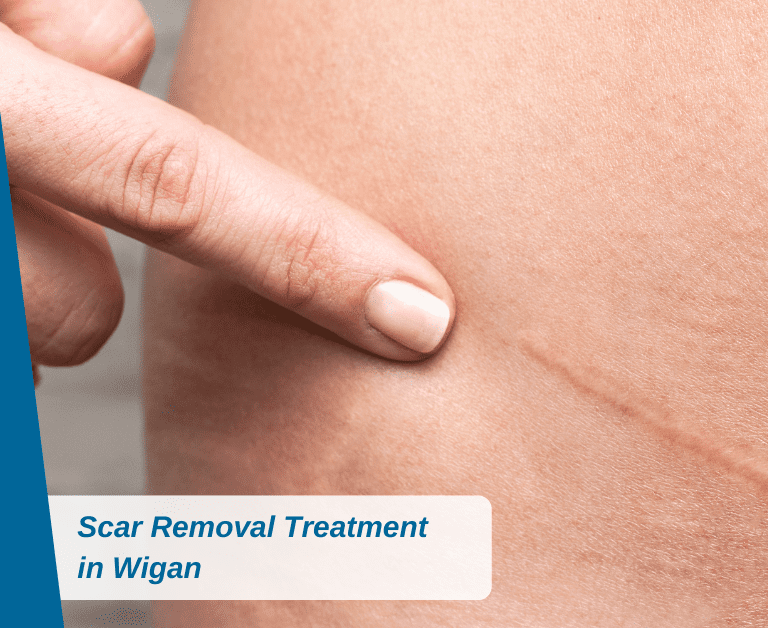4 Reasons Why SPF Should Be Integrated Into Your Skincare Routine
The bizarre spell that the last COVID-19 lockdown cast upon the nation made hot summer days seem firmly out of reach. Recent conversations have centred around daily statistics and predictions relating to the Prime Minister’s next announcement, but, finally, summer is imminent and the Brits can get back to what they’re best at – talking about the weather!
But don’t be fooled by frequently circulated misconceptions such as, ‘It’s not hot enough to burn’, and ‘The odd bit of sunburn doesn’t do you any harm’. Applying suncream with the correct SPF for your skin is vital in keeping you safe and healthy.
Let us examine four benefits of incorporating products containing SPF into your skincare routine.

- Sun Protection
Protection from the sun is the most obvious reason to apply SPF, but many people do not understand how sun lotion works or which SPF they should select for their skin type.
Suncream helps to protect the skin from the sun’s harmful ultraviolet (UV) rays. UVA rays have lower light energy but penetrate deeper into the dermis layer of skin, causing long-term skin damage such as premature ageing. UVB rays burn the top layer of the skin and play a big part in the development of skin cancer.
Sun lotion contains organic filters which absorb UV radiation and convert this energy to infrared. SPF, or Sun Protection Factor, is a number indicating how long the product allows us to stay in the sun without burning. If you have fair skin and would typically burn after being exposed to the sun for 10 minutes, applying a suncream with SPF 15 would protect you for 10 times that, or 150 minutes.
- Reduces The Risk Of Cancer
As May plays host to Skin Cancer Awareness Month, the understanding of SPF is particularly pertinent. When choosing an SPF product, take note of whether it provides protection against both UVA and UVB rays, as both can cause cancer.
Products containing high factors of SPF offer greater safety from UVB rays, but no suncream absorbs 100% of their energy. The level of UVA protection is shown as a star rating and via a UVA symbol. You should use a product with a minimum of a 4-star rating.
For more information on types of skin cancer and how to reduce the risks, read our recent blog.
- Even Complexion
Basking in the sun without adequate SPF protection can lead to the development of sunspots. These flat areas of skin discolouration appear on parts of the body most frequently exposed to the sun’s rays. Although harmless, many people seek to remove them for cosmetic reasons.
Small, dry patches of skin known as actinic keratoses are another condition caused by sun exposure. The patches, which range from pink to brown in colour, are not usually a cause for concern. A small percentage, however, can lead to skin cancer. It is important to regularly examine actinic keratoses, informing your doctor if you notice a change in their shape, size, texture or colour.
Both of these skin concerns are easily avoided with the daily application of SPF.
- Protects Against The Signs Of Ageing
With their longer wavelength, UVA waves are responsible for much of the damage associated with photoaging. The rays penetrate deep into the dermis, damaging collagen, elastin and other fibrous proteins that support the skin’s structure. These proteins give our skin its elasticity and prevent it from drooping, giving us a plumped up, youthful look.
Sun overexposure can lead to the development of fine lines and wrinkles, sagging skin and loss of volume to areas such as the cheeks and jawline. Although preventable, premature ageing cannot be reversed without aesthetic intervention.
How To Incorporate SPF Into Your Skincare Routine
There are numerous ways to establish SPF application as part of your morning skincare routine. The most obvious is the use of sun lotion, which should be applied after moisturiser and before foundation. Powder sunscreen, which imitates dry hair shampoo, can protect the scalp on hot days.
Outside of the summer months it may seem unusual to lather your face in suncream every day. It is important to remember, though, that the sun’s rays can remain strong year-round. Many moisturisers and primers now contain SPF, acting as alternatives to suncream. Researching the performance of such products before purchase is essential, as many dermatologists dispute their effectiveness.
Improve Sun-Damaged Skin At North West Aesthetics
North West Aesthetics offers many procedures which help to improve the appearance of sun-damaged skin. From skin peels to laser treatments, allow us to find the solution to combat your skin pigmentation or ageing concerns.
To find out more, call 01942 909 003 or make an enquiry through our website today.



